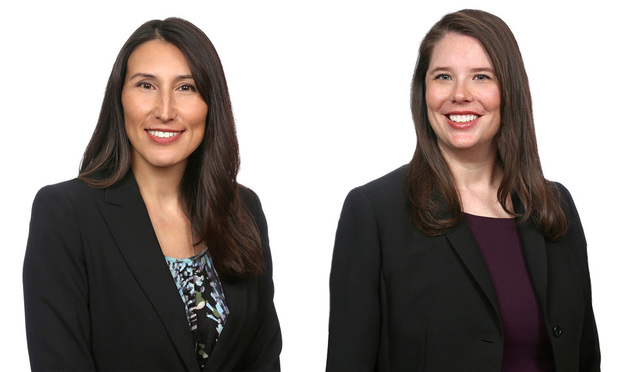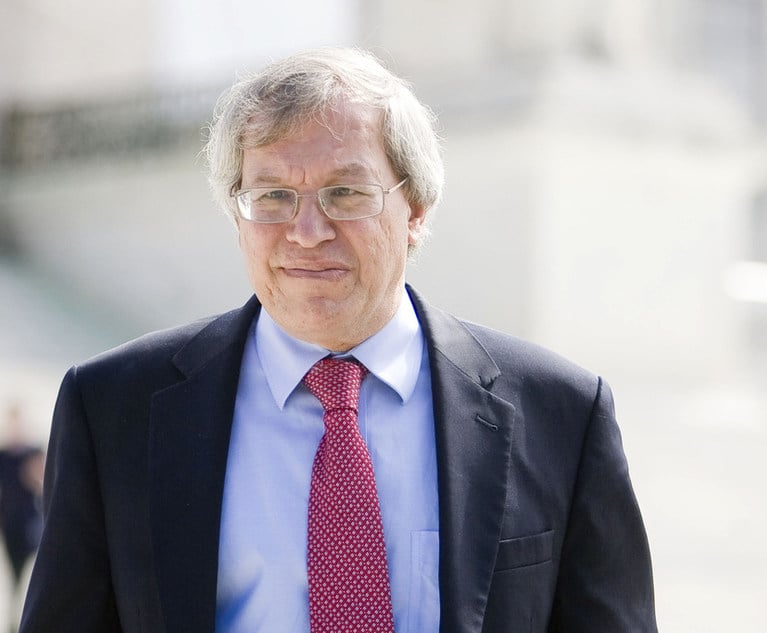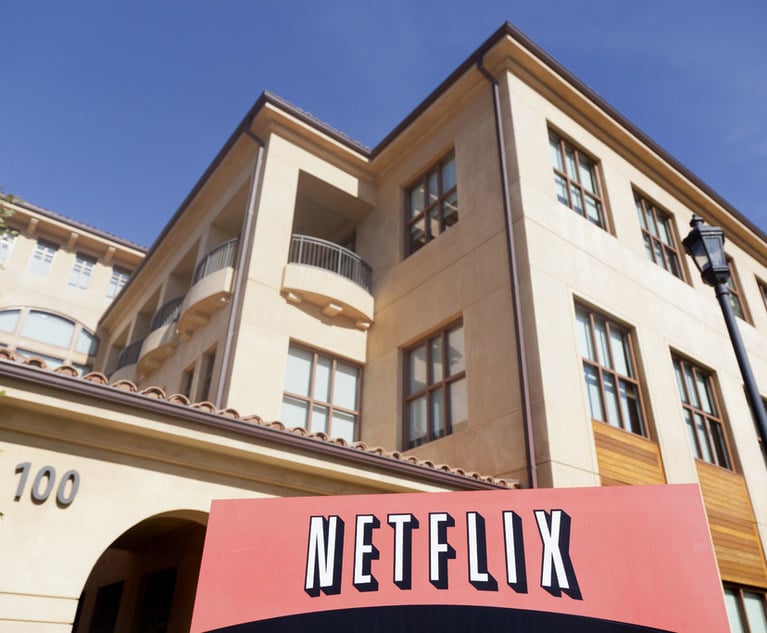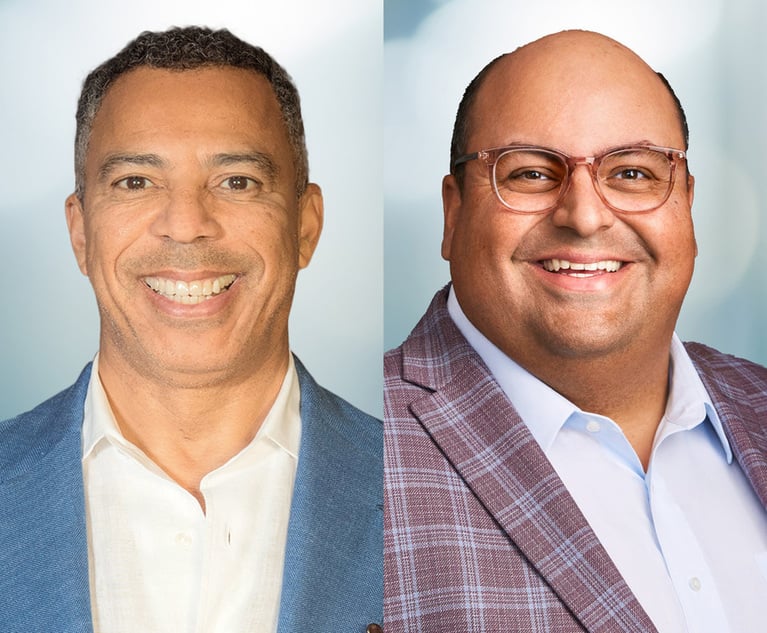Because many businesses operate on a national (or even global) scale, it is unsurprising that those businesses often want their attorneys to be able to do the same. Thus, it is increasingly common for attorneys to have practices that span multiple jurisdictions. Practicing law in different jurisdictions has never been easier thanks to the internet and other technological advances, which can allow attorneys to communicate with clients, advertise, and even file documents no matter where they are located.
However, because it has become relatively easy to practice law from anywhere, attorneys can at times forget that states have not become any more lenient when it comes to the unauthorized practice of law, which can occur even if the attorney never sets foot in the state. Below are some issues to consider for out-of-state attorneys practicing in California and elsewhere.


 Shari Klevens, left, and Alanna Clair, Dentons
(photo: Courtesy Photo)
Shari Klevens, left, and Alanna Clair, Dentons
(photo: Courtesy Photo)




